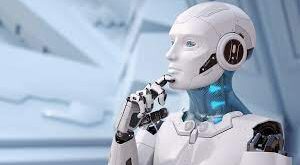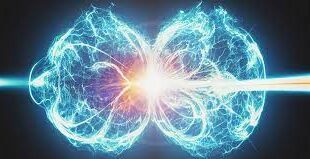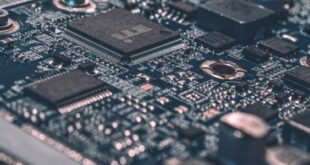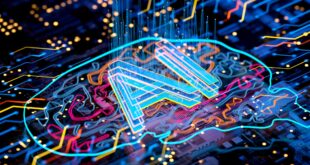China’s dominant role in electric vehicle manufacturing and sales has yet to be curtailed by the trade war launched by President Donald Trump. The lack of impact can be demonstrated by Tesla CEO Elon Musk’s trip to Shanghai this week to sign a factory deal.
Nissan and its best-selling global EV. the Nissan Leaf. also see the critical role China is playing in the future of auto sales. China continues to hold the lead in global auto sales. along with the top ranking in “new energy“ EVs and their lithium-ion battery packs. Nissan has been stung by losing a deal with a Chinese company over its li-ion battery manufacturing unit.
Tesla announced plans to establish its long-expected China factory in Shanghai that could build as many as 500.000 EVs per year within the next five years — or sooner. Musk signed a contract with the Chinese government that day while visiting the city.
Construction will begin soon after approvals and permits are secured. and the first vehicles will roll off the assembly line within roughly two years. according to Tesla. It’s expected to take two to three years for the new factory to reach its capacity to build about 500.000 vehicles per year.
With Trump imposing tariffs costing about $34 billion in annual imports from the country five days ago. China imposed U.S. tariffs at about the same value. That includes U.S. good such as EVs. soybeans. and pork.
Tesla Models S and X now cost as much as 150.000 yuan to 250.000 yuan more (or about $22.600 to about $37.600) after the 40 percent import tax hike was implemented by China as the trade war escalated.
Nissan’s bid to sell its in-house battery manufacturing unit Automotive Energy Supply Corp. (AESC) to Chinese investment firm GSR Capital has come to an end. The sale had been in discussions since last year. with an impressive sales price of 100 billion yen ($903 million) on the table. But on the June 29 closing date. GSR backed out of the deal.
AESC had been set up a decade ago to supply batteries to the top-selling EV. the Nissan Leaf.
The Japanese automaker issued a statement that GSR Capital `was not able to have the funds available to fulfill its contractual obligations.“ But how the deal fell apart remains unclear.
Nissan’s asking price may have been too high for GSR Capital to see real value in its return on investment.
It was time for Tesla to move forward on the China plant. though investors do wonder where the capital will come from. Ramping up for increasing production of the Model 3 sedan has caused the company to burn through billions of dollars.
“The biggest question right now for investors — bulls and bears alike — is how are they going to pay for it.“ said Ben Kallo. a Robert W. Baird &. Co. analyst with the equivalent of a buy rating on Tesla shares. “They will have to get capital.“
“Shanghai will be the location for the first Gigafactory outside the United States.` Musk said in a statement. `It will be a state-of-the-art vehicle factory and a role model for sustainability.`
Nissan has been impacted by Chinese companies striding forward to overtake Japanese giant Panasonic in battery sales. Panasonic has been Tesla’s leading battery partner.
Analysts speculate that GSR Capital has something much bigger in mind as Chinese competitors CATL and BYD become two of the largest li-ion battery suppliers in the world. The investment firm seemed more interested. at first. in AESC’s market value as an early li-ion battery supplier than for any leading-edge technology the battery subsidiary has to offer.
BYD. backed by Warren Buffett’s Berkshire Hathaway. has become the world’s largest seller of EVs. including electric buses going into municipal fleets all over the world. The company started out decades ago as a maker of rechargeable batteries.
BYD has been competing head-to-head with Tesla in the EV. battery. and energy storage markets.
China has been pushing hard for its companies to be global leaders in new technologies. It’s also become more lax this year in considering that companies like Tesla could set up shop locally without the typical joint venture startup with a Chinese company.
About two months ago. the government revised these rules allowing for free trade zones. such as in Shanghai. where foreign companies could build their own products without the traditional JV in place. under certain restrictions. It was enough to inspire Musk close the deal for Tesla to set up a China factory. eliminating the steep tariff cost.
 Iran Energy News Oil, Gas, Petrochemical and Energy Field Specialized Channel
Iran Energy News Oil, Gas, Petrochemical and Energy Field Specialized Channel




